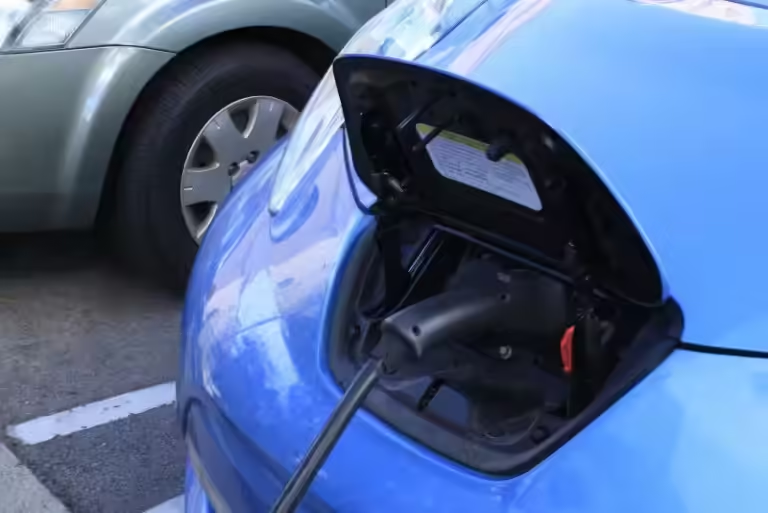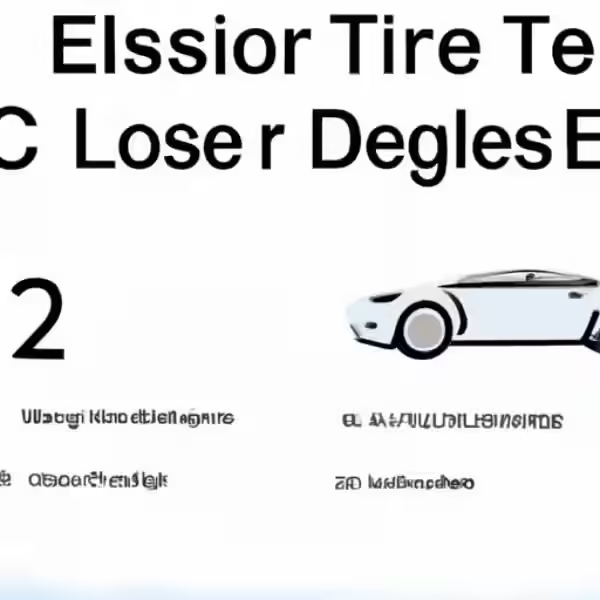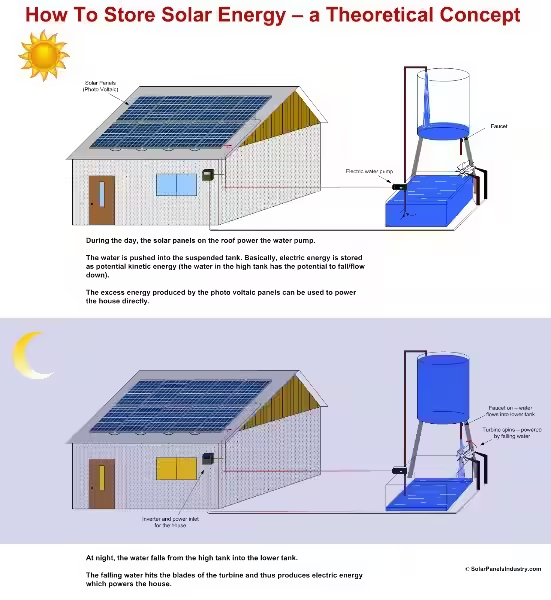How Long Do Batteries Last in a Nissan Leaf?

The Nissan Leaf, a pioneer in the electric vehicle (EV) market, has become increasingly popular due to its affordability and eco-friendly design. However, one of the primary concerns for potential buyers revolves around the longevity of the battery and the associated replacement costs. This article delves into the intricacies of battery lifespan, replacement costs, and alternative solutions, providing a comprehensive overview of this crucial aspect of Leaf ownership.
Battery Longevity: A Closer Look
The lifespan of a Nissan Leaf battery is not a fixed number but rather a range influenced by various factors. While Nissan offers an 8-year or 100,000-mile warranty on its batteries, the real-world performance can extend beyond this timeframe.
Factors Affecting Battery Life:
- Driving Habits: Aggressive acceleration and frequent high-speed driving can accelerate battery degradation.
- Climate: Extreme temperatures, both hot and cold, can negatively impact battery performance.
- Charging Practices: Consistently charging to 100% and regularly draining the battery to 0% can shorten its lifespan.
- Battery Management System (BMS): The BMS plays a crucial role in optimizing battery performance and extending its life.
Generally, a Leaf battery can last between 10 and 15 years or around 100,000 miles. However, it's important to note that the battery's capacity gradually declines over time, leading to a decrease in range and performance. For example, a battery that initially delivered 100 miles of range might only provide 80 miles after a few years.
Battery Replacement Costs: The Financial Implication
Replacing a Nissan Leaf battery is a significant investment, with costs varying based on the battery size, model year, and location.
Factors Influencing Replacement Costs:
- Battery Size: Larger batteries, typically found in newer models, are more expensive to replace.
- Model Year: Older Leaf models often require replacement batteries from third-party suppliers, which may be more expensive.
- Location: Labor costs and availability of parts can impact the overall cost of replacement.
The average cost of replacing a Leaf battery ranges from $5,000 to $15,000. While this might seem daunting, potential buyers should consider the overall cost of ownership, including battery replacement, compared to the cost of owning a gasoline-powered vehicle over the same period.
Alternatives to Battery Replacement: Extending the Leaf’s Lifespan
Replacing the entire battery might not always be the only solution when the battery's performance declines. Several alternative options exist to extend the Leaf's lifespan and reduce the financial burden of replacement.
Cost-Effective Solutions:
- Reconditioning: Specialized companies offer battery reconditioning services, which can restore the battery's capacity and extend its life for several years at a fraction of the cost of replacement.
- Used Battery Replacement: Purchasing a used battery from a reputable source can be a cost-effective alternative, especially if you find a battery with a decent warranty.
- Battery Management System (BMS) Optimization: Optimizing the BMS can improve battery performance, reduce degradation, and extend its lifespan.
- Software Updates: Nissan occasionally releases software updates that can enhance battery efficiency and range, effectively extending the battery's life.
By exploring these alternatives, Leaf owners can potentially delay the need for a full battery replacement and save significant costs.
Conclusion: The Long-Term Value of the Nissan Leaf
While the Nissan Leaf's reliance on batteries may raise concerns about longevity and replacement costs, the vehicle offers a reliable and eco-friendly option for transportation. By understanding the factors influencing battery lifespan, exploring cost-effective alternatives, and considering the overall cost of ownership, potential buyers can make an informed decision about the long-term value of the Nissan Leaf. The Leaf's commitment to sustainability, combined with the evolving battery technology and innovative solutions, positions it as a viable and attractive choice for eco-conscious drivers.
The Nissan Leaf: Battery Life, Replacement Costs, and Alternatives
The Nissan Leaf, a pioneering electric vehicle, has been a popular choice for eco-conscious drivers. However, concerns about battery longevity and replacement costs arise for potential buyers. This summary delves into these aspects, addressing the crucial points about the Leaf's lifespan and alternatives.
How long do the batteries last in a Nissan Leaf?
While the exact lifespan of a Leaf's battery is dependent on various factors like driving habits, climate, and charging practices, it's generally expected to last for 10-15 years or around 100,000 miles. This is based on the manufacturer's warranty, which covers the battery for 8 years or 100,000 miles. After this period, the battery's capacity gradually declines, leading to reduced range and performance.
How much does it cost to replace a Nissan Leaf battery?
Replacing a Leaf's battery is a significant investment, ranging from $5,000 to $15,000 depending on the battery size, year of manufacture, and location. The cost can be offset by potential rebates or incentives offered by the government or local authorities. However, it's worth considering the overall cost of ownership, including battery replacement, compared to the cost of owning a gasoline-powered vehicle over the same period.








